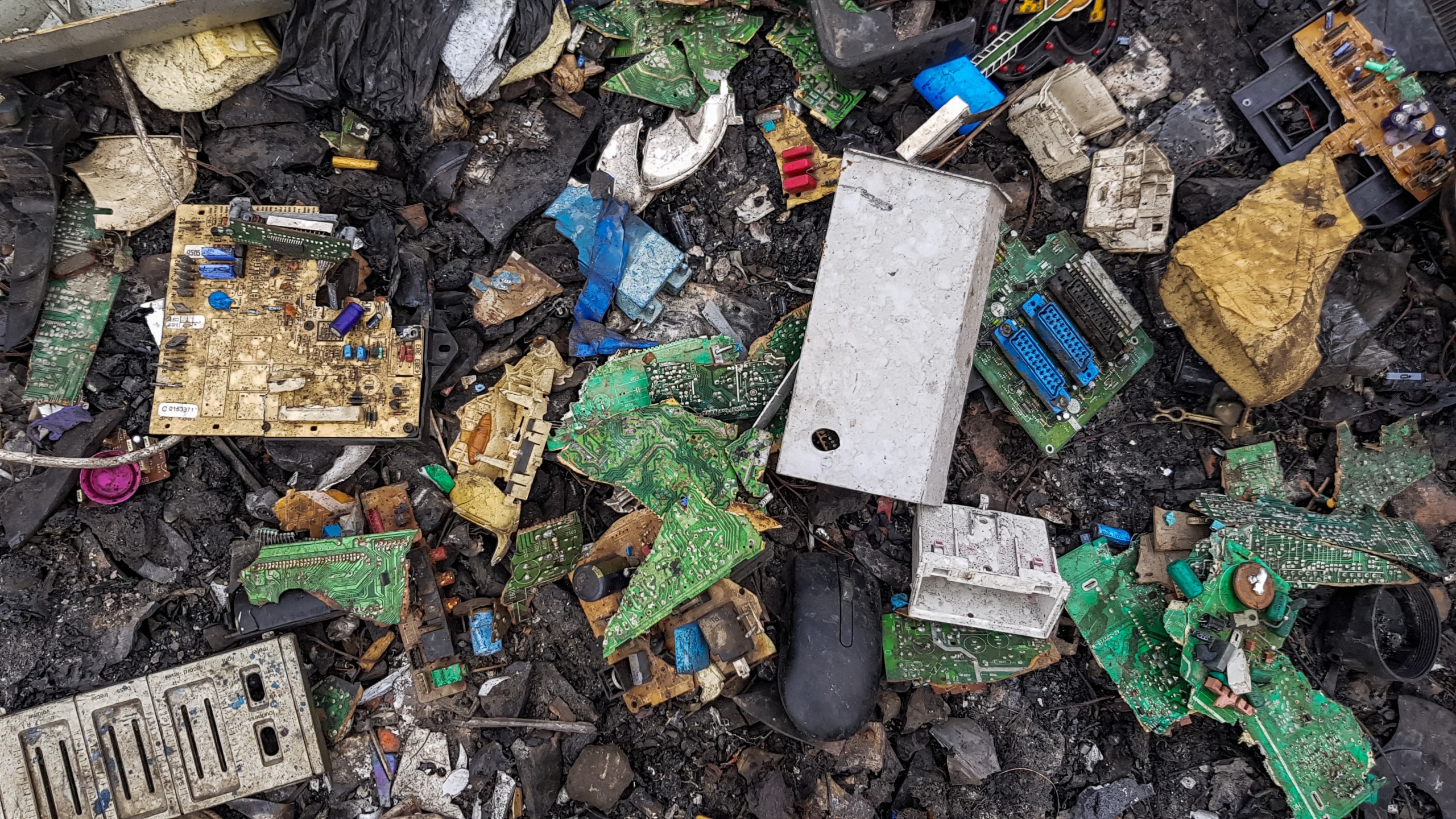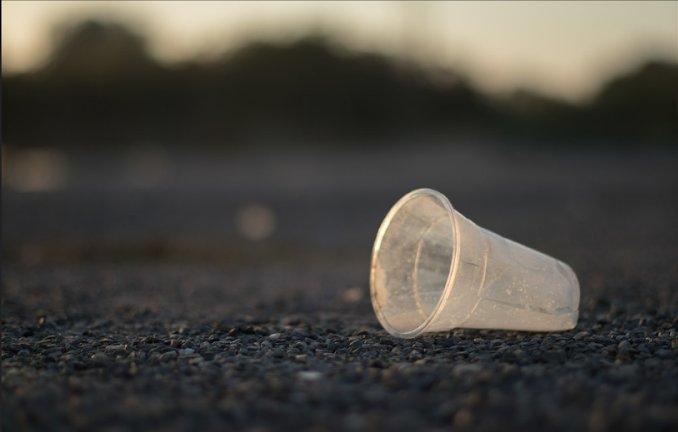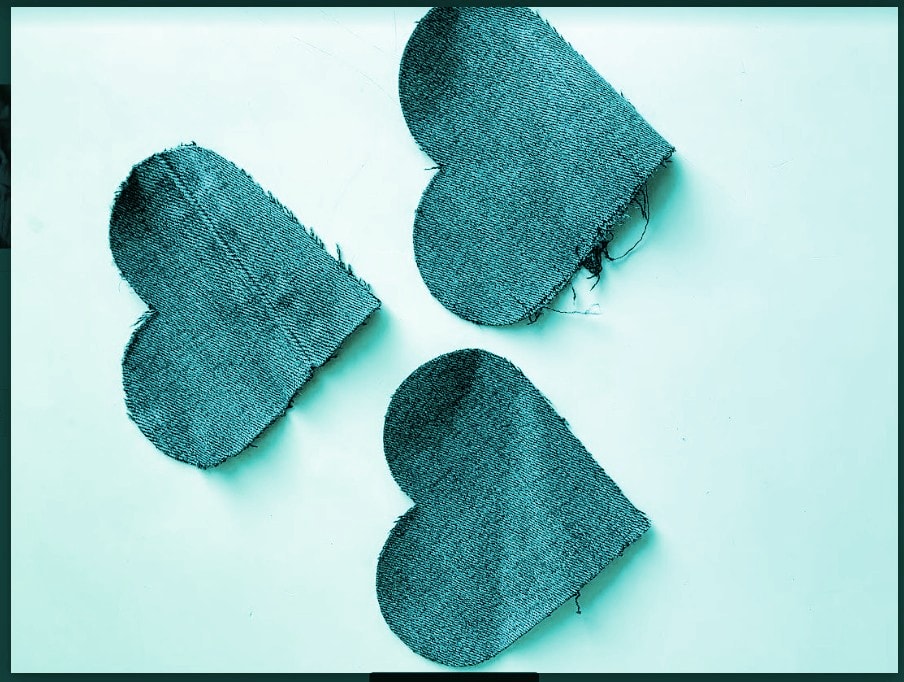This is the fourth article in the series “Our Sustainable Future”. The first article is here (how to be a conscious consumer), the second is here (how to tackle bathroom plastic waste) and the third is here (how to tackle kitchen plastic waste). The author is a filmmaker who lives in the U.K. and she records for us how she became a “conscious consumer”, with a new lifestyle on a path to building a sustainable future for herself and her family. Here are tips on how to live a satisfying life using a minimalistic approach.
It has been another difficult year for humanity. We still haven’t seen the end of the pandemic; people in the developed nations are unwilling to get vaccinated, while the developing countries are in desperation trying to secure vaccines; the climate crisis has been felt all across the world and has shaken many countries; yet another humanitarian crisis is unfolding in front of our eyes in Afghanistan, once again of our own making.
It looks like there is a pattern in our collective human behaviour:
- We leave a lot to the last minute, hoping that somehow, by miracle, everything is going to work out;
- If things aren’t working out as we hoped, we go into crisis mode, throwing all available resources, hoping, not planning, that the outcome will be better and more positive than predicted;
- We don’t take early warnings seriously and ignore the advice from scientists and experts, dreaming that the worst-case scenario won’t materialize.
As Daniel Kahneman explained in his ground-breaking bestseller Thinking Fast and Slow, with our two systems of thinking (intuition vs. slow thinking), we tend to give in to mental laziness:
In short, as humans, we try to make as few difficult decisions as possible. It’s obvious we don’t like suffering, and with every change, there is a possibility of greater suffering than we are currently capable of coping with.
However, sometimes hard decisions are unavoidable, and if introduced at a slow pace, the change doesn’t feel so overwhelming and so dramatic.
Since the arrival of the pandemic, my life started taking on a different turn. My lifestyle choices didn’t change dramatically or drastically all at once, but it was a slow process, which allowed me to be comfortable with the changes that were coming my way.
For many years I bought into the culture of working a lot and spending even more. Anyone interested in personal finance or sustainability will tell you that it is a slippery slope mindset that doesn’t bode well for long-term sustainability or personal finances.
First of all, working just to expand a lifestyle by buying goods and luxurious things that aren’t needed is really against our human nature. Second, buying what we don’t need, creates a demand, and sends the manufacturers of those goods the wrong signals. If the demand is high, the production will also continue to be high. The impact on our resources required for production, regardless of how large or small the item, is often overlooked.
My new minimalistic lifestyle choice takes not only sustainability into account but also focuses on resources needed to purchase or produce something.
For instance, if I had a huge house, its size would require vast amounts of hours spent on cleaning, tidying up and repairing. The house would also require lots of financial investment, not only for maintenance but also furnishing. Even if I was barging hunting, which I always appreciate, I would still need to invest a significant amount of time and money in all those activities.
When it comes to time, this is the only commodity we can’t buy more of. Spending it on cleaning a huge house or working two jobs to pay for the mortgage seems insane to me.
Besides, big houses have a bigger environmental impact than smaller ones. Putting all those resources into maintaining this huge house doesn’t conform to my idea of what a minimalistic life requires.
Everyone may have a different perception of a minimalistic lifestyle. For some, cutting down from five to two cars is a minimalistic choice. For others, having ten books is already excessive. If you are to embark on this wonderful journey it’s best to find a sweet spot and understand what minimalistic life choices you are comfortable with.
Minimalistic life choices or eco-minimalism is here to stay. The pandemic has awakened many people to realize that whatever positions and/or inflated lifestyles they had, all those high-status items couldn’t possibly replace a hug or seeing family and friends.
Ultimately, human relationships are what matters in life. Personally, I found that minimalistic life choices allow shifting our focus from outward-looking to inner-looking. And making for better, closer family relations, as this decluttering experiment shows:
What I’m doing differently now, a.k.a. the minimalistic life choices I’ve decided to implement in my life, consists of:
-
Spending less money on things that don’t matter
This is essential for me since I used to buy a lot, and now I’m consciously trying to redistribute my lot. Buying what we don’t need is bad for our finances and the environment and gives corporations permission to create more products than people and the planet can handle. The numerous One £, One $ or One Euro shops and the overseas factories paying their workers one pound/dollar/Euro a day and keeping the costs of production unrealistically low are adding to the problem. However, our compulsive nature that fuels the need to buy something because it’s cheap or on sale are major factors in the never-ending overconsumption cycle.
Currently, I only buy items I know I’m going to use; I invest in sustainable swaps, and of course, I buy food. Plus, I purchase household goods when we need to replace them. I don’t buy clothing for myself because I have more than enough. I don’t buy a ton of make-up; I was never that interested in make-up anyways. Besides, I still have a lot left from all those years ago when I used it.
Perhaps women, in particular, should treat the overconsumption culture as a real enemy. Many companies target women specifically because it’s believed that women are bigger spenders. Instead of being encouraged to spend less and save more, women are encouraged to spend all they earn to constantly be dependent on their partners, parents, or the system.
Women are paid less; this is a hard fact, they have higher living costs and unfortunately receive very little encouragement from magazines, social media, or popular culture to invest and save money. Quite the opposite, women are encouraged to spend; the more, the better. However, women can be shrewd investors too and shouldn’t be dismissed the way they historically have been when it comes to building long-lasting wealth.
-
Buying local and much less food, especially items that come packaged in plastic
Buying food from local producers and food that isn’t beautiful enough to make to the supermarket, is what we have just started doing as a family. Finding a place where I could live without having to travel far to get my food shopping and have access to fresh air and nature without taking my car everywhere, and to be able to walk places or take my bike is my number one priority at the moment. Relocating from London will be my most significant minimalistic change after spending decades in London.
Learning about recycling is awfully important. It looks like in the UK and Poland different things and different packaging are recyclable. UK recyclable system isn’t very well developed, and very few things get recycled compared to what gets recycled in Poland. I do get annoyed that my local borough (Greenwich) doesn’t allow organic waste collection. But that is something I’m looking into starting this month.
-
Buying fewer toys for the kids
I know it’s not always avoidable, but I try my best. We use toys we already have, have been passed down to us, or we found (yes, it does happen). The only thing I’ll keep on buying are books for them. Books are important and teaching kids how to read physical books is essential.
In my backpack, I always have my coffee cup and metal straws. Even if the coffee shop or the restaurant offers paper straws, I ask them not to, because most likely those aren’t being recycled anyway and end up in the landfill with all the other plastic. The coffee cup isn’t a brainer anymore. I only carry water with me when I travel (trains, underground or buses) or when it’s boiling outside. I’m more of a tea-drinking kind of gal, especially when it gets slightly chilly.
-
Avoiding luxury and high-status items
I hardly ever bought them before but now if I were to replace my computers or cameras I would only get them second-hand. I’ve never been a fan of expensive cars because I never cared that much about them. I never had a television because I never needed one. The fancy Apple watches everyone is obsessing about is not my kind of thing. A smart home with all the smart devices all connected together wouldn’t feel like a home to me.
-
Focusing on re-using and upcycling
This is a practice I’ve been implementing consciously for a while now. I have so much fun re-using what I already have, thinking of how to upcycle things or turn them into gifts for friends.
These are the most significant areas I’ve chosen to simplify my life to make it more minimalistic and sustainable.
Many people become minimalists because they need to clear their heads, space, and focus on themselves to discover what is essential for them in life. For me, the driving force for minimalist life choices has been my decision to pursue financial independence. In reality, almost nobody can be financially independent, if they keep on spending like crazy.
The movement towards minimalistic life choices is gaining momentum, and more people are becoming minimalists once they see that the current economic system must be challenged if humanity is to come out of the climate crisis.
Changes almost never start with governments and big organizations. Governments are usually the last to know that the new order has arrived; organizations will adapt when they see consumer decline, profit loss, and therefore the pressure to change.
Change starts with us, the individuals. We have the power to stop shopping for disposable goods, to stop spending money on items we don’t need or have use for, or stop supporting fast-fashion chains that kill our future, just so that a few of us have a new outfit every day.
We can make choices to shop for locally produced food or set up a garden. These are all choices individual citizens can make.
We are more powerful than many of us realize; let’s not give this power away to those who clearly have no idea what they are doing most of the time, and let’s not wait for them to finally make some clumsy decisions that are out of touch with reality.
We can vote in elections and with our money and daily choices, so let’s use it wisely. I still believe we can turn things around, if we only stop waiting and start taking action, however small they may appear to begin with.
Editor’s Note: The opinions expressed here by Impakter.com columnists are their own, not those of Impakter.com. Featured Photo by Sarah Dorweiler on Unsplash














